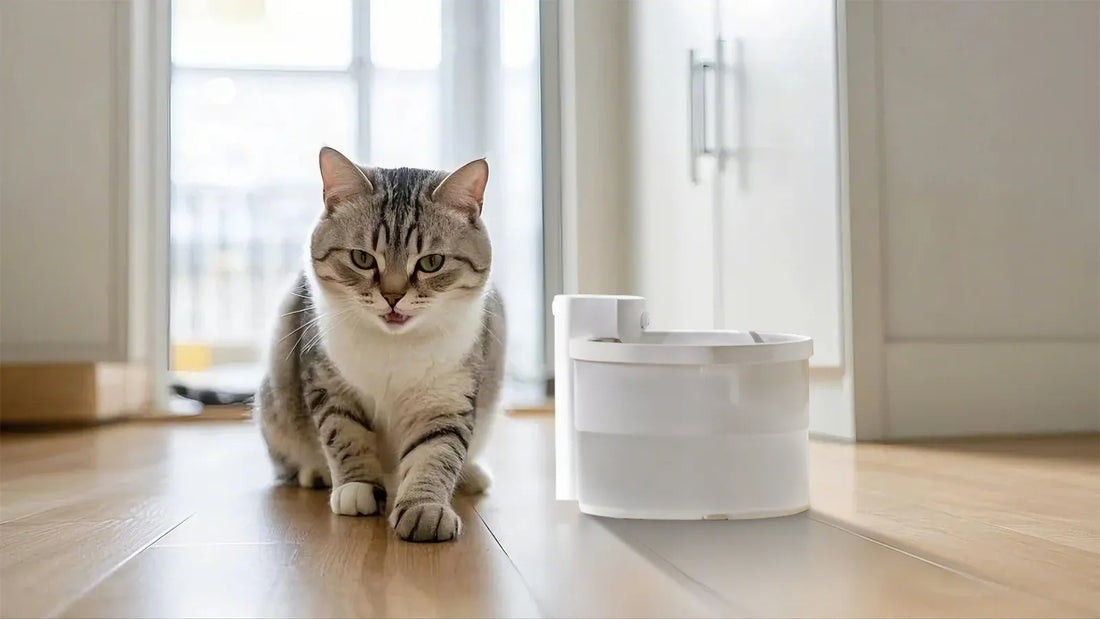Watching your beloved 15-year-old dog stop eating and drinking can be heart-wrenching. As a pet owner, you naturally want to do everything in your power to help your furry friend. This article will explore the possible reasons behind this behavior, provide guidance on what steps to take, and offer tips to support your dog during this challenging time.
Understanding Why Your Dog Stopped Eating and Drinking
When an older dog stops eating and drinking, it can be a sign of underlying health issues. Here are some common reasons why this might happen:
- Dental Problems: Painful teeth or gums can make eating and drinking uncomfortable.
- Illness or Disease: Conditions such as kidney failure, liver disease, or cancer can affect appetite.
- Medication Side Effects: Certain medications may reduce your dog's desire to eat or drink.
- Stress or Anxiety: Changes in the environment or routine can lead to stress, impacting eating habits.
- Age-Related Decline: As dogs age, their metabolism slows, and they may lose interest in food.
Immediate Steps to Take
If your dog has stopped eating and drinking, it's crucial to act quickly. Here are some steps you can take:
- Consult a Veterinarian: Schedule an appointment with your vet to rule out serious health issues.
- Monitor Behavior: Keep an eye on your dog's behavior, energy levels, and any other symptoms.
- Offer Tempting Foods: Try offering your dog their favorite treats or wet food to entice them to eat.
- Ensure Hydration: Use a syringe or dropper to provide water if your dog refuses to drink.
- Create a Comfortable Environment: Reduce stress by maintaining a calm and familiar setting.
Supporting Your Dog Through This Time
As your dog navigates this difficult phase, your support is essential. Here are some ways to help:
- Provide Emotional Comfort: Spend quality time with your dog to reassure them.
- Adjust Their Diet: Consider softer or more palatable food options if chewing is an issue.
- Stay Patient: Understand that recovery or adjustment may take time.
- Follow Veterinary Advice: Adhere to any treatment plans or recommendations provided by your vet.
When to Consider End-of-Life Care
In some cases, a dog's refusal to eat or drink may indicate that they are nearing the end of their life. It's important to recognize when it might be time to consider humane euthanasia to prevent unnecessary suffering. Discuss this option with your vet to make an informed decision.
Seeing your 15-year-old dog stop eating and drinking is undoubtedly distressing, but with the right approach, you can provide the care and support they need. Stay vigilant, seek professional guidance, and cherish the moments you have with your loyal companion.













